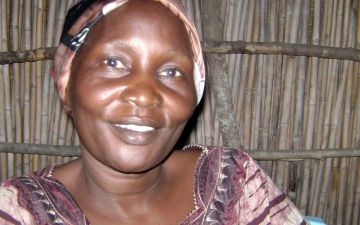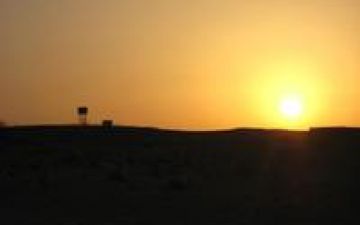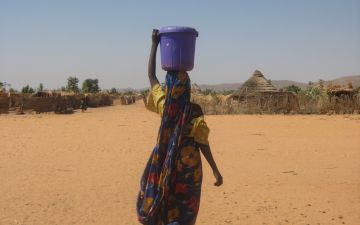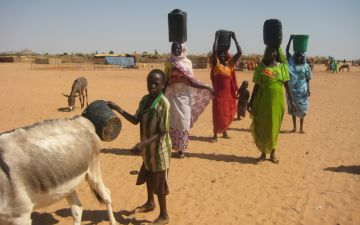Sudan: From Rebels to Soldiers? The SPLA's Transformation
At the new headquarters of the Sudan People's Liberation Army (SPLA), some 10km north of Juba town, signs mark the finance, administration and operations directorates.
Laminated name plates with Southern Sudan's official colours line the desks in the new air-conditioned offices. Laptops and internet service are coming soon.
It is a new look, and a new way, for the former rebel movement that fought for liberation in the forests of Southern Sudan for two decades.




